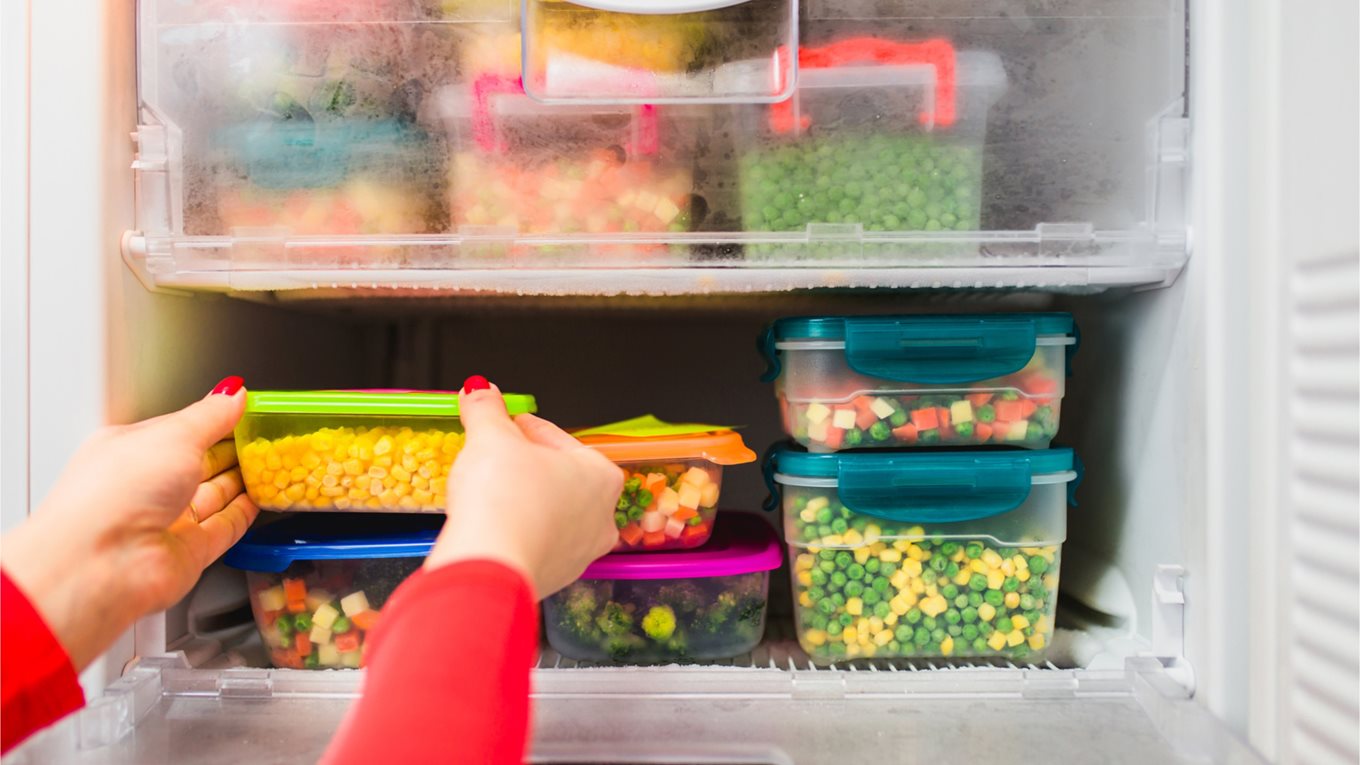Cold storage refers to the process of preserving perishable items at low temperatures to maintain freshness. It is crucial for food safety and extending shelf life.
Cold storage facilities play a vital role in the supply chain of various industries by ensuring that products remain in optimal condition before reaching consumers. By utilizing temperature-controlled environments, cold storage helps to prevent spoilage and maintain quality. Businesses rely on cold storage solutions to store products such as pharmaceuticals, fresh produce, and frozen goods.
Through the use of specialized refrigeration systems, cold storage facilities provide a controlled environment to protect items from temperature fluctuations and microbial growth. This helps businesses to meet regulatory standards and deliver high-quality products to customers.

Credit: pharmeasy.in
Benefits Of Cold Storage
Cold storage offers numerous benefits for preserving perishable goods, extending their shelf life, and reducing spoilage rates. It helps maintain product quality, prevents microbial growth, and minimizes the risk of foodborne illnesses, ensuring a safe and reliable supply chain.
| Cold Storage Benefits: |
| Preservation of food by keeping it at optimal temperatures. |
| Extending shelf life of perishable items like vegetables, fruits, and dairy products. |
Types Of Cold Storage Facilities
Explore various types of cold storage facilities including refrigerated warehouses, freezer storage, and blast freezers. These facilities cater to diverse needs, from preserving perishable goods to storing pharmaceuticals and chemicals at controlled temperatures. Ideal for businesses requiring long-term or temporary cold storage solutions.
There are two main types of cold storage facilities: Refrigerated Storage and Freezer Storage. Refrigerated storage maintains temperatures above freezing, ideal for fresh produce and some pharmaceuticals. Freezer storage maintains temperatures below freezing, suitable for long-term storage of frozen foods and perishable items. These facilities are crucial for preserving the quality and freshness of products before they reach the consumer.
Choosing The Right Cold Storage For Your Needs
Assessing Storage Requirements: When choosing the right cold storage, it's important to assess your storage requirements carefully. Consider the quantity and type of items you need to store and how frequently you access them.
Considering Temperature and Humidity Control: Pay attention to the required temperature and humidity control for your stored items. Some items may require specific conditions to maintain their quality and integrity.
:max_bytes(150000):strip_icc()/safe-deposit-box-what-to-store-and-not-store-in-yours-4589854-final-61fbded2c9b54d1ba6550c4aeff384a6.png)
Credit: www.investopedia.com
Cold Storage Tips And Best Practices
Proper packaging and labeling are crucial when it comes to storing items in a cold storage facility. You must ensure that all products are correctly sealed and insulated to maintain their freshness and prevent any spoilage. Labeling is vital for easy identification and retrieval, especially when you have multiple items stored in the same area.
Organizing the storage space in a systematic manner is another best practice. Grouping similar products together can help you locate items quickly and efficiently. Using shelves or racks can further optimize the use of space and prevent any damage to the products. Ensure that the storage area is kept clean and well-maintained to avoid any contamination or cross-contamination.
Cold Storage Security Measures
Cold storage facilities require strict security measures to ensure the safety of the stored goods. Access control systems are a crucial component in maintaining security. These systems use advanced technology such as key cards or biometric scanners to restrict access only to authorized personnel. By implementing access control systems, cold storage facilities can prevent unauthorized individuals from entering restricted areas.
Surveillance and monitoring also play a vital role in the security of cold storage facilities. Video cameras placed strategically can help in recording and monitoring activities within the facility. Real-time monitoring allows for immediate response to any suspicious behavior or unauthorized access. Additionally, video footage can serve as evidence in case of theft or damage.

Credit: www.safefood.net
Frequently Asked Questions Of Cold Storage
What Is Cold Storage And Why Is It Important For Businesses?
Cold storage refers to the specific storage of temperature-sensitive products like food, pharmaceuticals, and chemicals in controlled environments. It is crucial for businesses as it helps to maintain product quality, extend shelf life, and prevent spoilage, ensuring customer satisfaction and reducing financial losses.
How Does Cold Storage Work And What Are The Temperature Requirements?
Cold storage facilities use refrigeration or freezing equipment to maintain the desired temperature and humidity levels for different products. While temperature requirements vary depending on the item, most perishable goods require temperatures ranging from -18°C to 4°C. This controlled environment helps slow down bacterial growth and preserves the freshness and integrity of the stored products.
What Are The Benefits Of Utilizing Cold Storage For Food Businesses?
By utilizing cold storage, food businesses can benefit in multiple ways. It helps to increase the shelf life of perishable items, reduces food waste and spoilage, allows seasonal produce availability year-round, enables safe transportation over long distances, and meets regulatory standards for food safety.
It also provides an opportunity for businesses to expand their product offerings and cater to a wider market.
How Can Cold Storage Help Pharmaceutical Companies In Preserving Medication?
For pharmaceutical companies, cold storage is crucial in preserving medication efficacy and safety. Many drugs, vaccines, and biologics require specific temperature-controlled conditions to remain stable. Cold storage ensures that these temperature-sensitive products are stored at the recommended temperatures, protecting their potency and reducing the risk of degradation or contamination, ultimately ensuring the effectiveness of medications for patients.
Conclusion
Cold storage is a crucial element for preserving perishable items. With the advancement in technology, cold storage solutions have become more efficient and environmentally friendly. Businesses can benefit from investing in cold storage to prolong the shelf life of products and reduce waste.
Overall, incorporating cold storage into supply chain management can lead to cost savings and improved customer satisfaction.
